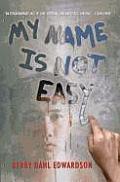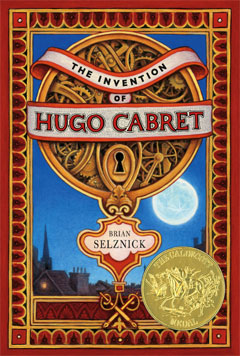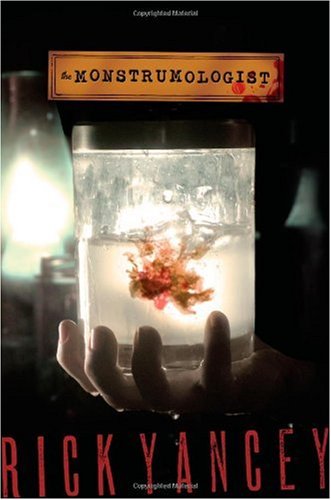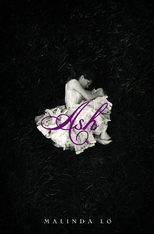Simon & Schuster 2011
ALA Teens' Top Ten Nominee 2012
Bram Stoker Award for Young Adult Novel Nominee 2012
A-
I have been a fan of the macabre and gothic for as long as I can remember. I think I first read Poe in third grade, which I followed up the next year with Hugo's Notre Dame de Paris. Although Frankenstein was assigned reading during my senior year of high school, I had read it years earlier. So when I began to see reviews for Kenneth Oppel's prequel, This Dark Endeavor, I knew I had to read it.
In this prequel, Victor Frankenstein has an identical twin brother, Konrad, who he believes to be his better at just about everything. When Konrad becomes ill with an unknown (and perhaps incurable disease), Victor, his cousin Elizabeth, and their friend Henry decide to save him...through alchemy. The trio discover a secret library of alchemical texts in the Frankenstein manor, but cannot decipher the archaic texts. Learning of a disgraced alchemist, Dr. Polidori, living in the slums of Geneva, the group seek out his aid and soon embark on dangerous adventures for the ingredients required for the Elixir of Life.
Meanwhile, the family solicits the advice of an experimental doctor who determines that Konrad's disease is what we now know as leukemia. While he is able to improve Konrad's condition, he cannot cure it, driving Victor to try yet harder to create the Elixir.
But is it truly brotherly love that drives Victor into this frenzy? Or the desire to excel at something which his brother never can? Darker yet, is Victor's secret desire to usurp his brother, especially in the heart of Elizabeth.
One of my only qualms with this book is that it doesn't stylistically mirror its "descendant." While that marvelous work was an epistolary novel, this one is not. The prose attempts to affect the style of the period, though I did find Victor's sense of humour a tad out of place, feeling somewhat modern at times. While the characters are not the most complex or original, often falling into tropes of young adult fiction (snarky protagonist, headstrong girl, etc.), the work substantially reworks Ms. Shelley's story, leading readers to piece together that Victor's later creation is not a mishmash at all, but his brother. Given the love triangle developing between the brothers and Elizabeth, one can imagine there will be bad blood between the two before events lead to the Modern Prometheus.
Mr. Oppel has already written a second work in the prequel sequence, titled Such Wicked Intent and released at the end of August. While I've not yet had a chance to read it, I certainly intend to, and if the title is any indication, we can expect it to grow considerably darker.
One of my only qualms with this book is that it doesn't stylistically mirror its "descendant." While that marvelous work was an epistolary novel, this one is not. The prose attempts to affect the style of the period, though I did find Victor's sense of humour a tad out of place, feeling somewhat modern at times. While the characters are not the most complex or original, often falling into tropes of young adult fiction (snarky protagonist, headstrong girl, etc.), the work substantially reworks Ms. Shelley's story, leading readers to piece together that Victor's later creation is not a mishmash at all, but his brother. Given the love triangle developing between the brothers and Elizabeth, one can imagine there will be bad blood between the two before events lead to the Modern Prometheus.
Mr. Oppel has already written a second work in the prequel sequence, titled Such Wicked Intent and released at the end of August. While I've not yet had a chance to read it, I certainly intend to, and if the title is any indication, we can expect it to grow considerably darker.













